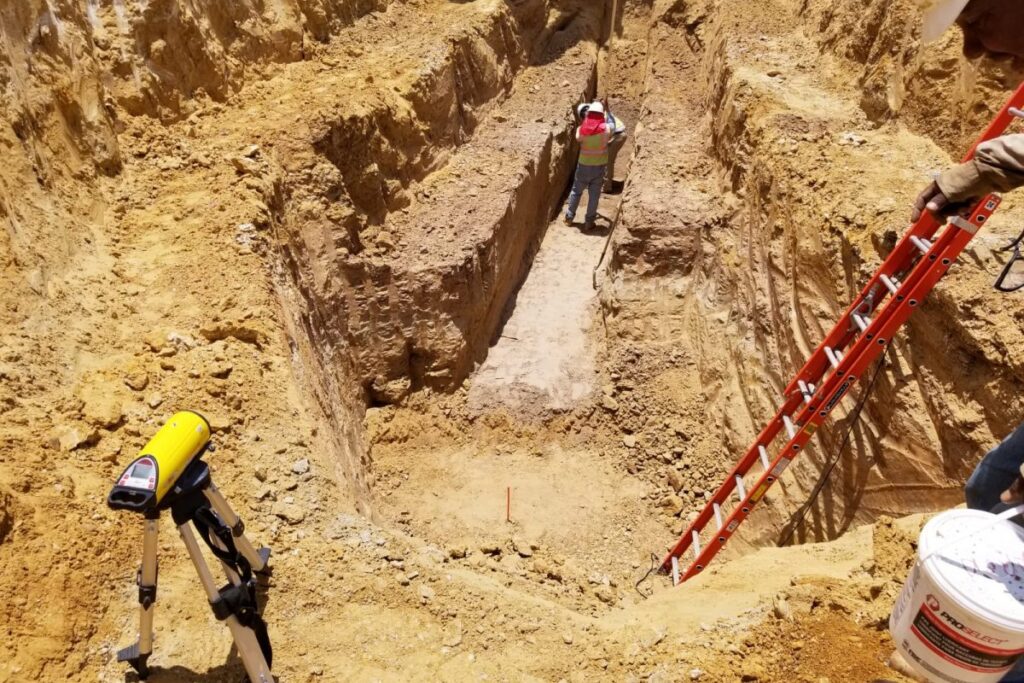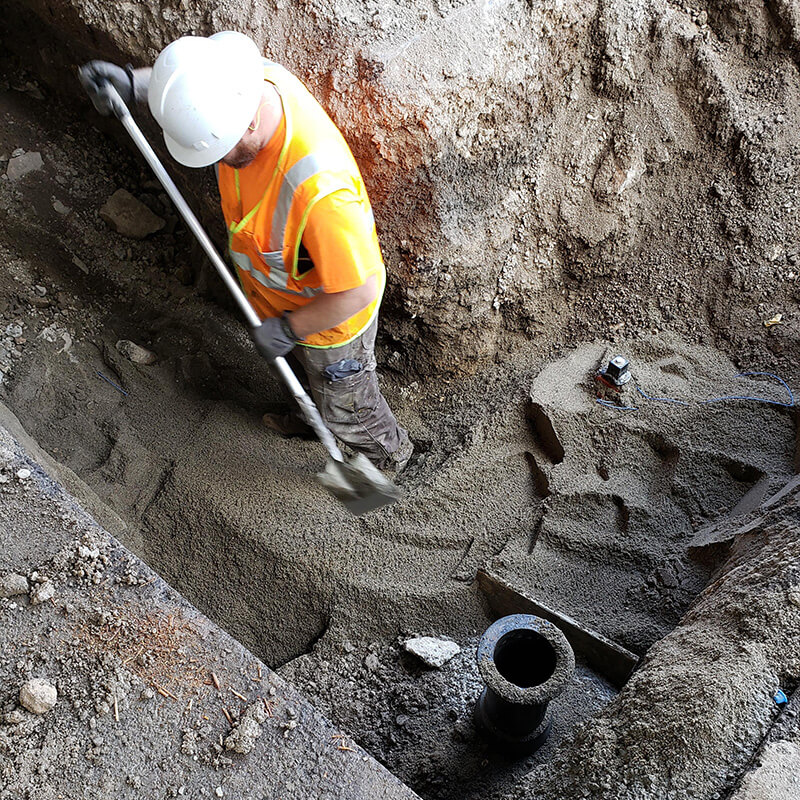For any construction project in Laredo, understanding the soil conditions is paramount. This vital information guides decisions on foundation design, potential environmental impact, and overall project feasibility. Soil testing in Laredo plays a crucial role in achieving these goals, but it’s essential to distinguish it from garden soil analysis.
While both involve analyzing soil composition, their purposes and methodologies differ significantly. This article delves into the essentials of soil testing in Laredo, clarifying its distinction from garden soil testing and highlighting its importance in construction endeavors.
Understanding Soil Testing in Laredo: Not Your Typical Garden Analysis
Soil testing in Laredo, specifically for construction purposes, focuses on geotechnical engineering. Engineers and geotechnical consultants conduct these tests to assess the soil’s physical and mechanical properties relevant to construction. These properties include:
- Strength and bearing capacity: This determines the soil’s ability to support the weight of the structure without excessive settlement or collapse.
- Compressibility: This gauges the amount of soil settlement under load, crucial for foundation design and ensuring structural stability.
- Drainage characteristics: This assesses how well the soil allows water to infiltrate and drain, influencing foundation design and potential water management needs.
- Soil composition: Understanding the soil’s makeup, including clay, sand, and silt content, helps determine its engineering behavior.

The process of soil testing in Laredo for construction typically involves:
- Site investigation: This involves a visual inspection of the land, reviewing existing geological data, and potentially using geophysical techniques like seismic surveys.
- Soil sampling: Engineers collect soil samples at various depths and locations across the construction site.
- Laboratory testing: The samples are sent to specialized laboratories for analysis to determine their physical and mechanical properties.
- Data analysis and interpretation: Geotechnical engineers analyze the test results and prepare a comprehensive report outlining the soil characteristics, recommendations for foundation design, and potential mitigation strategies for any identified risks.
Why Soil Testing in Laredo Matters for Construction?
Soil testing in Laredo offers several crucial benefits for construction projects:
1. Enhanced Safety and Stability:
By understanding the soil’s capacity and behavior, engineers can design foundations that can safely support the weight of the structure, minimizing the risk of settlement, cracking, or even collapse.
2. Cost-Effectiveness:
Accurate soil data helps avoid costly design oversights and potential foundation failures that can lead to delays and additional expenses during construction.
3. Informed Decision-Making:
Soil testing provides valuable insights into potential challenges like expansive soils or high water tables, allowing engineers to develop effective mitigation strategies during the design and construction phases.
4. Environmental Considerations:
Understanding soil properties helps identify potential environmental concerns, such as soil contamination or susceptibility to erosion, enabling the implementation of necessary safeguards.
5. Regulatory Compliance:
In some cases, soil testing may be mandatory to comply with local building codes and regulations, ensuring project adherence to safety and environmental standards.

Distinguishing Between Soil Testing and Garden Soil Analysis
It’s essential to differentiate between soil testing in Laredo for construction and garden soil analysis. While both analyze soil composition, their objectives and methodologies differ:
- Purpose: Soil testing in construction focuses on geotechnical properties to inform foundation design and construction strategies. Garden soil analysis, on the other hand, aims to assess the nutrients, pH level, and overall suitability for plant growth.
- Tests Performed: Construction-related soil testing focuses on physical and mechanical properties like strength, compressibility, and drainage. Garden soil analysis typically measures nutrient levels (nitrogen, phosphorus, potassium), pH level, and organic matter content.
- Sampling Depth: Soil testing for construction involves collecting samples at various depths relevant to the foundation design, often exceeding several meters. Garden soil analysis typically focuses on shallower depths, usually the top few inches relevant to plant root growth.
Learn the key differences between soil testing and garden soil analysis. Click here to ensure your soil meets the specific needs of your project!
Schedule a soil test Laredo to ensure the success of your construction project.
Visit the soil testing lab Laredo for comprehensive analysis and reliable results for your construction projects.
Finding Reputable Soil Testing Services in Laredo
When embarking on a construction project in Laredo, seeking the expertise of qualified geotechnical engineers and laboratories is crucial. Here are some tips for finding reputable soil testing services:
- Seek licensed professionals: Ensure the engineers and laboratories hold the necessary licenses and certifications to conduct soil testing and provide geotechnical reports.
- Experience in your region: Look for professionals with experience in the specific soil conditions and challenges prevalent in Laredo and the surrounding area.
- Clear communication and cost transparency: Choose firms with established communication practices and clear documentation of fees associated with soil testing and reporting.
By understanding the distinct purpose and importance of soil testing in Laredo for construction projects, you can ensure informed decision-making throughout your building process. Remember, soil testing for construction is not the same as garden soil analysis, and seeking qualified professionals is crucial for ensuring the safety, stability, and success of your project.
Soil testing in Laredo offers several crucial benefits for construction projects:
1. Enhanced Safety and Stability:
By understanding the soil’s capacity and behavior, engineers can design foundations that can safely support the weight of the structure, minimizing the risk of settlement, cracking, or even collapse.
It’s essential to differentiate between soil testing in Laredo for construction and garden soil analysis. While both analyze soil composition, their objectives and methodologies differ:
Purpose: Soil testing in construction focuses on geotechnical properties to inform foundation design and construction strategies.
How useful was this post?
Click on a star to rate it!
Average rating 4.5 / 5. Vote count: 35
No votes so far! Be the first to rate this post.

